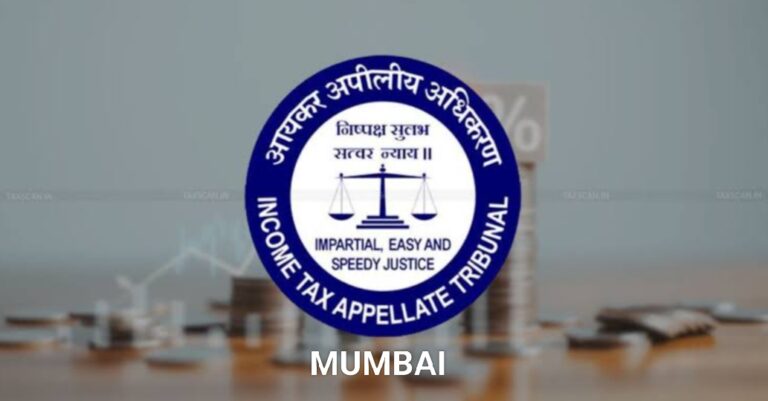In a significant ruling, the Mumbai Bench of the Income Tax Appellate Tribunal (ITAT) reiterated that the Commissioner of Income Tax (Exemptions) [CIT(E)] cannot refuse registration to a charitable trust under Section 12AB merely on the apprehension that its funds might be utilised outside India. The Tribunal emphasised that the scope of examination at the registration stage is confined to the genuineness of the trust’s activities and compliance with statutory conditions, not speculative future violations. This decision reinforces the principle that the presence of international or overseas objectives in a trust deed, by itself, does not amount to non-genuineness, and aligns with earlier judicial precedents safeguarding charitable institutions from arbitrary denial of registration.
Case: Dedhia Music Foundation v. CIT(E) – ITAT Mumbai (2 April 2025)
Facts:
- The Dedhia Music Foundation, incorporated under Section 8 of the Companies Act, sought renewal of registration under Sections 12AB and 80G.
- CIT(E) rejected the applications on the grounds that the trust’s objects potentially allowed it to incur expenses outside India, allegedly conflicting with Section 11.
- The trust had only provisional registration from AY 2024-25 to 2026-27.
Tribunal’s Finding:
- The Tribunal held that the mere presence of clauses enabling charitable activity abroad does not justify denial of registration under Section 12AB. There is no mandatory exclusion of overseas expenditure from the scope of charitable activities under Section 12AB(4).
- It referenced precedents such as Sarbat Te Bhala Gurmat Mission Charitable Trust v. CIT(E) and MK Nambyar SAARF Law Charitable Trust v. UOI, affirming that Section 12AB does not restrict activities to India only.
- The Tribunal accordingly set aside the CIT(E)’s denial of registration and remanded the matter to CIT(E) for an examination of the genuineness of activities.
Comparison with Other Jurisprudence
- In IIGJ Research and Laboratories Centre v. CIT(E) (Mumbai), the Tribunal reiterated the same principle. Even though the trust’s object clause mentioned “abroad”, “world”, and “international”, the CIT(E)’s denial of registration solely on that ground was found untenable—especially where no violations or non-compliance had actually occurred. The Tribunal remanded the case to the CIT(E) for fresh consideration after providing due opportunity.
- In Shree Cambay Swetamber Visha Shrimali Jain Samaj Sahayak Trust (ITA No. 752/Mum/2025), the Tribunal (28 March 2025) held that Section 11(1) pertains to assessment and cannot, by itself, be a basis for denying registration under Section 12AB. A trust’s deed allowing foreign application of funds is not reason enough to refuse registration—in line with the amended regime under Section 12AB.
Legal Principle (Synthesized)
- CIT(E) cannot deny registration under Section 12AB solely on apprehension that funds may be applied abroad. The mere presence of international objectives in a trust’s deed does not amount to non-genuineness or contravention of Section 11 or 12AB.
- ITAT precedents unequivocally affirm that overseas activities in themselves are not prohibited; only actual, substantive violations or contraventions may warrant rejection or cancellation.
- Registration inquiries are not to merge with assessment issues—genuineness of activity and actual application of funds must be independently verified with due process.
Conclusion
The principle is clear: Trusts with international objects or potential overseas application of funds cannot be denied registration solely on that basis. The Mumbai ITAT has consistently held that unless genuine misuse or statutory breach is demonstrated, registration must be granted or the case returned for genuine scrutiny.
